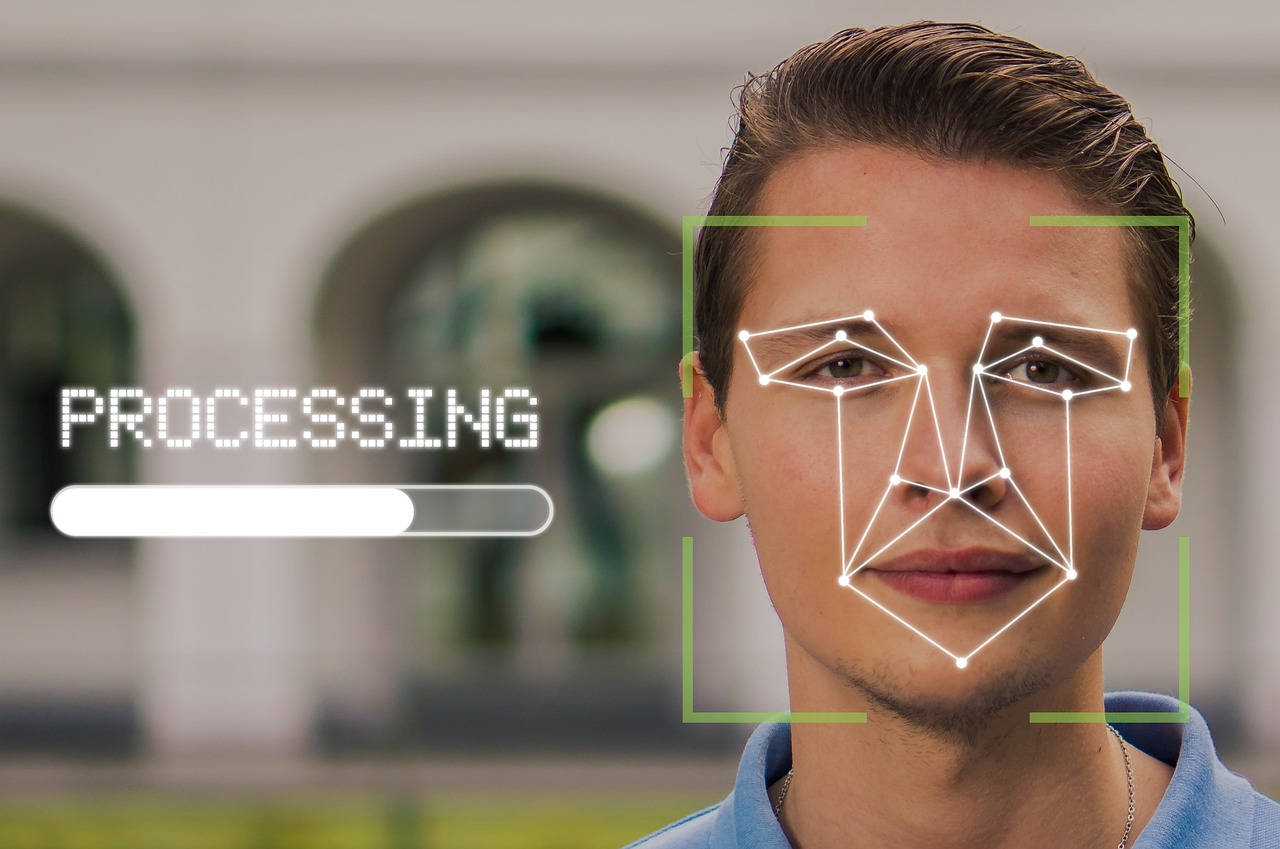Now Reading: Legal Ethics in the Age of Instant Messaging and Video Chat
-
01
Legal Ethics in the Age of Instant Messaging and Video Chat

Legal Ethics in the Age of Instant Messaging and Video Chat
Lawyers do a lot of their work through messages and video calls now. Clients expect fast replies. Colleagues chat across time zones. Quick answers often win out over formal letters or long emails. But with all this speed comes risk. Rules that protect clients do not change just because the tools are different. Ethics still matter.
Confidentiality, competence, and proper communication are not just ideas. They are duties. Using digital tools without thinking about these duties can get lawyers into trouble. This article explains what legal professionals need to know to stay within the rules, while still working with the speed clients want.
Confidentiality Has No Off Switch
Private Messages Still Need to Stay Private
When lawyers talk with clients, privacy is a must. It does not matter if the conversation happens by phone, in person, or through text. Instant messaging creates a record, often without much thought. Clients may reply at the wrong time, forward things they shouldn’t, or share screenshots. Lawyers need to take extra steps to protect what’s shared.
Use messaging apps that offer encryption. Turn off cloud backups if they are not secure. Avoid casual tools meant for social chats. Let clients know what to expect and how they should protect the messages too.
Video Calls Can Be Leaky
A lot of lawyers now meet clients by video. That includes intake calls, consultations, and sometimes even preparation for court. But video makes privacy harder to control. Lawyers cannot always know who else is in the room with the client. Sometimes, clients record the conversation without saying anything.
Before starting a video call, make sure the connection is secure. Use platforms that let you control who can join and whether they can record. Ask the client who is with them. Confirm that it is a private space. Lawyers must assume that every word said on a video call might be saved.
This issue is even more important when dealing with topics that involve personal privacy, such as family law or health-related claims. In some types of matters, such as video-based chatting for adults, the risks around accidental or unwanted sharing of sensitive information grow even bigger.
Competence Includes Knowing the Tools
Ethics Require Technical Skill Now
The duty of competence now includes digital tools. A lawyer does not need to be an expert coder. But they must understand how the tech they use can impact client privacy and communication.
For example, a lawyer who uses a new messaging app must know whether messages are encrypted, if they are stored on a server, and whether deleted chats are really gone. If a tool is not safe, using it can breach ethical duties—even if nothing goes wrong.
Keep the Office Smart
Competence also means making sure others in the firm know the rules. If a paralegal uses an insecure app or a junior lawyer records a client video call without consent, that is still a problem for the firm.
Law offices should have clear policies. Staff should know what apps they can use, how to store files, and when to escalate questions. Short, regular training sessions help avoid mistakes.
Communication Needs to Stay Clear and Professional
Fast Doesn’t Mean Sloppy
Clients like fast replies. But fast should not mean vague, incomplete, or casual. A message with legal advice must still meet the same standard as a formal letter. It must be accurate, clear, and respectful.
Text messages can leave out tone. They can be misread. Lawyers should pause before hitting send. Think: Would this message make sense if read by a judge? Could someone misunderstand it?
Also, legal discussions over text or chat should be followed by a written summary. That way, there is a clear record of what was said.
Keep a Paper Trail
Every important conversation with a client should be saved in some way. If a lawyer gives advice in a text, save it. If the client sends documents by chat, download them and store them in the case file. For video calls, take notes and store them with the same care as in-person meetings.
It’s not just about defense in a complaint. Good records help lawyers serve clients better. They make it easier to hand off cases or recall details weeks later.
AI Tools Bring New Ethical Questions
Chatbots Are Not Private
Some lawyers now use AI tools to draft emails, contracts, or legal memos. These tools are useful. But they are also risky. Most free AI chat tools do not guarantee privacy. If a lawyer shares client facts with a chatbot, that data might be stored, analyzed, or leaked.
If you use these tools, read the privacy terms. Use paid, secure versions designed for legal use. Never paste full client names or private facts into a public chatbot.
Clients Must Know
When using AI to draft or review client work, lawyers should let the client know. Transparency is key. Even if the tool helps with speed or grammar, the lawyer is still responsible for the final result. Clients should not be misled about how their legal work is being done.
The Basics Matter More Than Ever
- Use encrypted chat and video tools.
- Train staff on digital communication ethics.
- Always double-check privacy settings before video calls.
- Never rely on memory. Save and log all client chats.
- Don’t send legal advice without proofreading, even in a short message.
- Treat every digital tool as a possible point of failure. Prepare accordingly.
Ethics Don’t Change, Even When the Tools Do
It can be tempting to focus only on speed and ease. But lawyers must stay grounded. Tools change. Ethics do not. Every new way of communicating must still meet the standards of privacy, professionalism, and competence. Clients trust lawyers to protect their interests. That includes their data.
Being fast is not the same as being sloppy. Being modern is not the same as ignoring the rules. The best lawyers can use today’s tools without forgetting what makes their work valuable: trust, clarity, and care.










